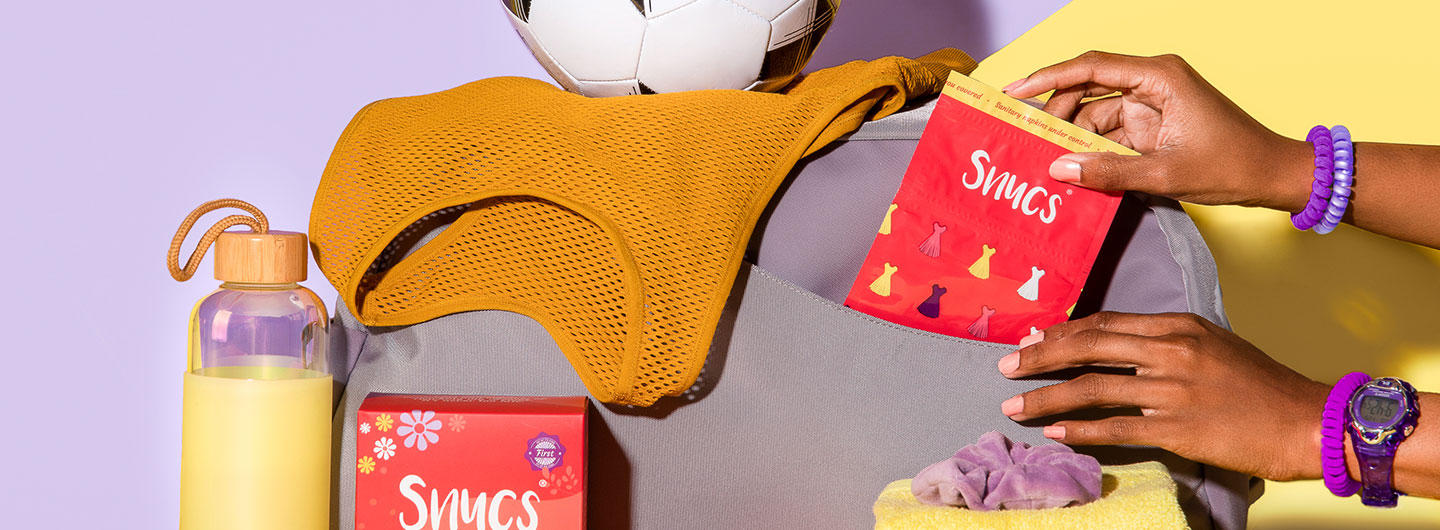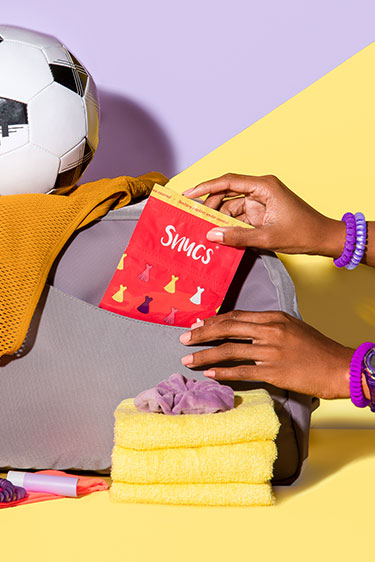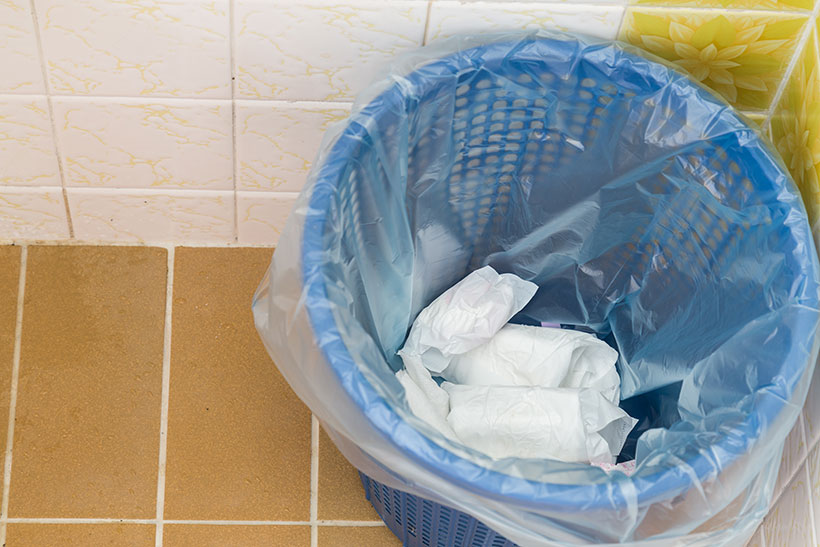
Talking about puberty-related bodily changes can be an uphill task for any parent, due to the awkward nature of the subject that’ll make you grimace imagining a full-on discussion on it. However, puberty education is a crucial part of parenting a daughter. Set your discomfort aside and adopt these healthy ways of discussing puberty and periods with your daughter.
When is the Right Time?
Ideally, your daughter should have a level of understanding of periods well before she or her peers have their first one to prevent her from believing any misconceptions. Young children with their natural sense of curiosity will most likely show interest when they see an older woman in their life such as you or a sibling using period products. Your daughter’s curiosity being piqued is the perfect way to segue into a discussion about periods and puberty in general.
Don’t Be a Drama Queen!
Keep up with the times! Many women are sick of the female body receiving the taboo treatment and are now normalizing the discussion of female reproductive health, including periods. You can be part of this positive movement to reclaim the female body by not shying away from it. For example, try to use the proper term for “vagina” and “vulva’, rather than dancing around the subject with your child, as it implies to her that her body is something to be ashamed of. Yes, topics related to puberty are awkward. Yes, you will feel somewhat uncomfortable guiding this conversation. However, an awkward and uncomfortable attitude only serves to make the atmosphere worse. As your daughter’s role model, you should set a good example for your child by approaching these difficult subjects with a confident and informative tone.
Provide Reassurance
As young girls navigate through adolescence, they start to demand more reassurance that they’re normal. Half of the world’s population experiences periods too, and it can be seen as a sign of good health. You can normalize some of the other changes that occur in their pubescent stage as well, such as body hair and breast growth. The most important part is that you’re around to provide reassurance for your daughter when she needs an adult to rely on and remind her that these changes are natural and normal.
It’s Okay to Learn Together
You don’t need to be a know-it-all to have “the talk”! Rather than envisioning it as a University-style lecture, you can think of it as a collaborative effort. Ask your daughter what she knows about the topic so that you can gauge her knowledge level on the subject, and fill in the blanks for her whenever you need to.
There are bound to be some parts that you may struggle to explain. For example, you may not understand all the new technology in the feminine health industry, and all the new period products out there. When in doubt, there’s a wealth of resources on the internet that both of you can refer to when you don’t have all the answers. It’s infinitely better to consult expert opinions rather than mistakenly teach your daughter something wrong.





